In a world where time seems to slip through our fingers like sand, watches have emerged as not just mere instruments for keeping time, but as timeless artifacts that narrate stories of craftsmanship, innovation, and profound artistry. “Timekeepers Unveiled: Assess Your Expertise in the World of Watches” invites you to embark on a captivating journey into this intricate realm where mechanical precision meets aesthetic allure. Whether you are a novice fascinated by the glimmer of a luxury timepiece or a seasoned collector with a profound appreciation for horological heritage, this exploration offers a chance to elevate your understanding and assess your expertise. Join us as we dissect the complexities and nuances of the watchmaking industry, revealing the elements that define true mastery in this age-old craft. Get ready to delve deep into the world of timekeepers, where every tick and tock holds a wealth of knowledge waiting to be uncovered.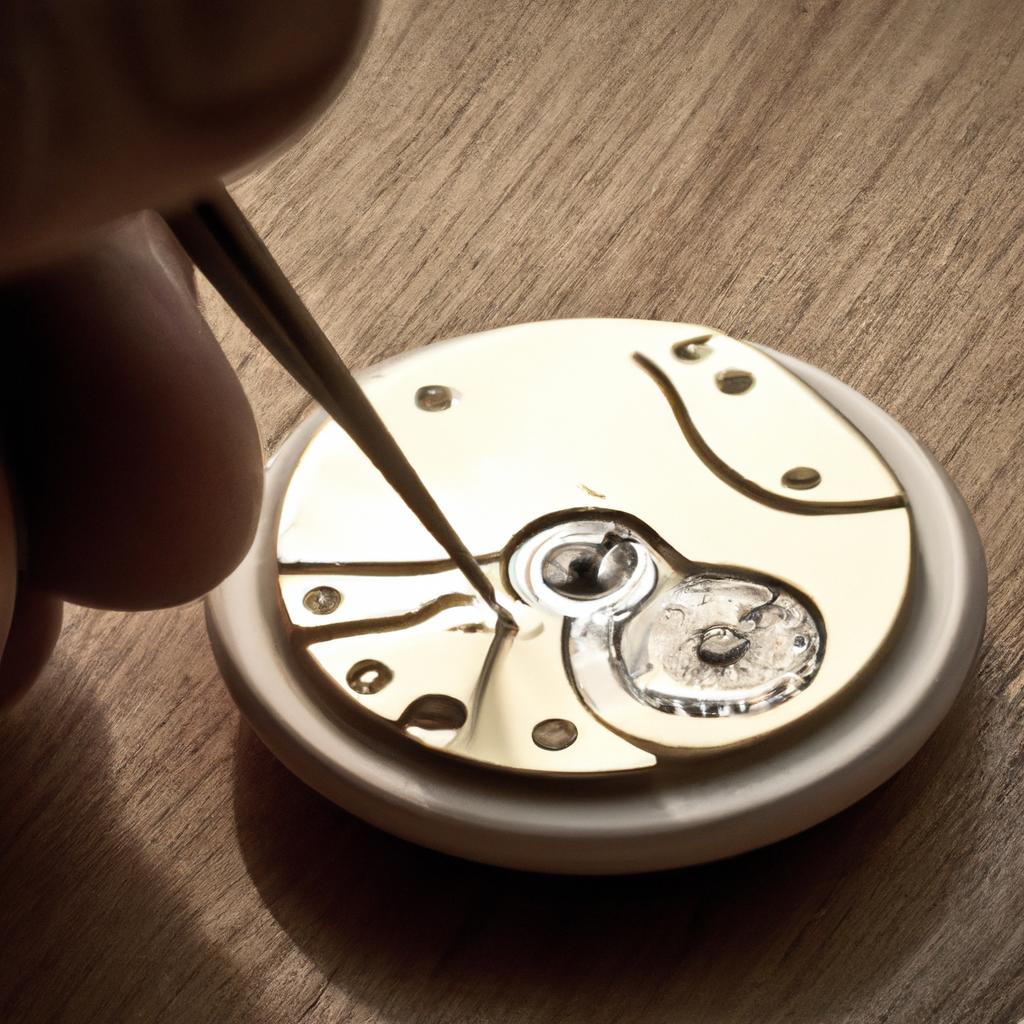
The Art of Horology Understanding the Craft Behind Timepieces
At the heart of horology lies the intricate dance of gears, springs, and jewels, a world where precision meets artistry. Each timepiece tells a story, not just of the hours it keeps but of the master artisans who breathe life into their mechanical symphonies. Understanding the craftsmanship behind these devices reveals the dedication and expertise involved—from traditional methods honed over centuries to innovative technologies pushing boundaries today. Those who delve deeper discover more than time-telling instruments; they find a rich tapestry woven with heritage, aesthetics, and engineering marvels.
To fully appreciate the art of watchmaking, consider the following elements that contribute to a watch’s character and functionality:
- Movement: The beating heart of a watch, determining its accuracy and reliability.
- Materials: Choices like stainless steel, gold, or ceramic not only influence durability but also the overall aesthetics.
- Complications: Features beyond mere timekeeping, such as chronographs, perpetual calendars, and moon phases.
- Design: The visual appeal, ensuring it aligns with both utility and style, often making a statement about the wearer.
| Feature | Definition |
|---|---|
| Automatic Movement | Self-winding mechanism powered by wrist motion. |
| Quartz Movement | Battery-powered, known for accuracy and low maintenance. |
| Tourbillon | A rotating cage that counters gravity’s effects on timekeeping. |
| Water Resistance | Protection against water damage, rated in meters or bars. |
Exploring these components enhances one’s appreciation of timepieces, inviting enthusiasts to become not only collectors but curators of mechanical beauty. Each watch offers a unique glimpse into its maker’s philosophy, melding tradition with innovation, and transforming the mere act of keeping time into an exquisite form of art.
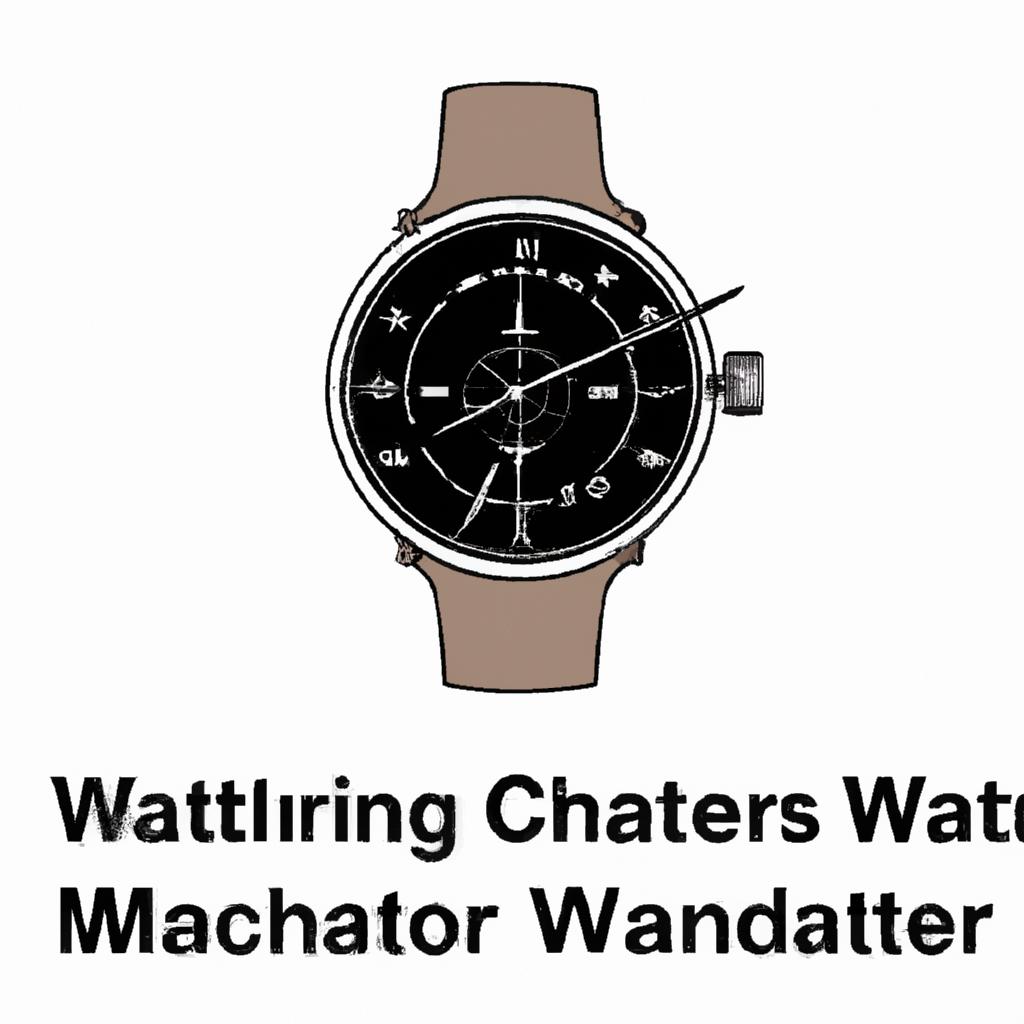
Navigating Watch Complications A Guide to Mastering Features and Functions
Understanding and navigating watch complications can feel akin to unlocking a treasure chest of functionality. Each feature serves a distinct purpose and enhances your wrist wear’s utility, ranging from the classic to the avant-garde. Here are some essential complications that every watch enthusiast should familiarize themselves with:
- Chronograph: A stopwatch function that allows you to measure elapsed time.
- Moon Phase: Displays the current phase of the moon, a poetic touch for those drawn to astronomy.
- Perpetual Calendar: Automatically adjusts for different month lengths, including leap years.
- Tourbillon: A mechanism designed to improve timekeeping accuracy by counteracting gravitational pull.
- GMT Function: Displays multiple time zones, perfect for the jet-setter.
To truly master these features, understanding their inner workings can offer insights not just into the watch itself, but also into the craftsmanship behind it. Delve into the engineering and design philosophies of notable brands through comparative analysis:
| Complication | Key Benefits | Brands to Explore |
|---|---|---|
| Chronograph | Versatile timing capabilities | Tag Heuer, Omega |
| Moon Phase | Aesthetic appeal | Jaeger-LeCoultre, Patek Philippe |
| Perpetual Calendar | Convenience over time | Audemars Piguet, Rolex |
| Tourbillon | Superior timekeeping accuracy | Breitling, Breguet |
| GMT Function | Time zone management | Seiko, Citizen |
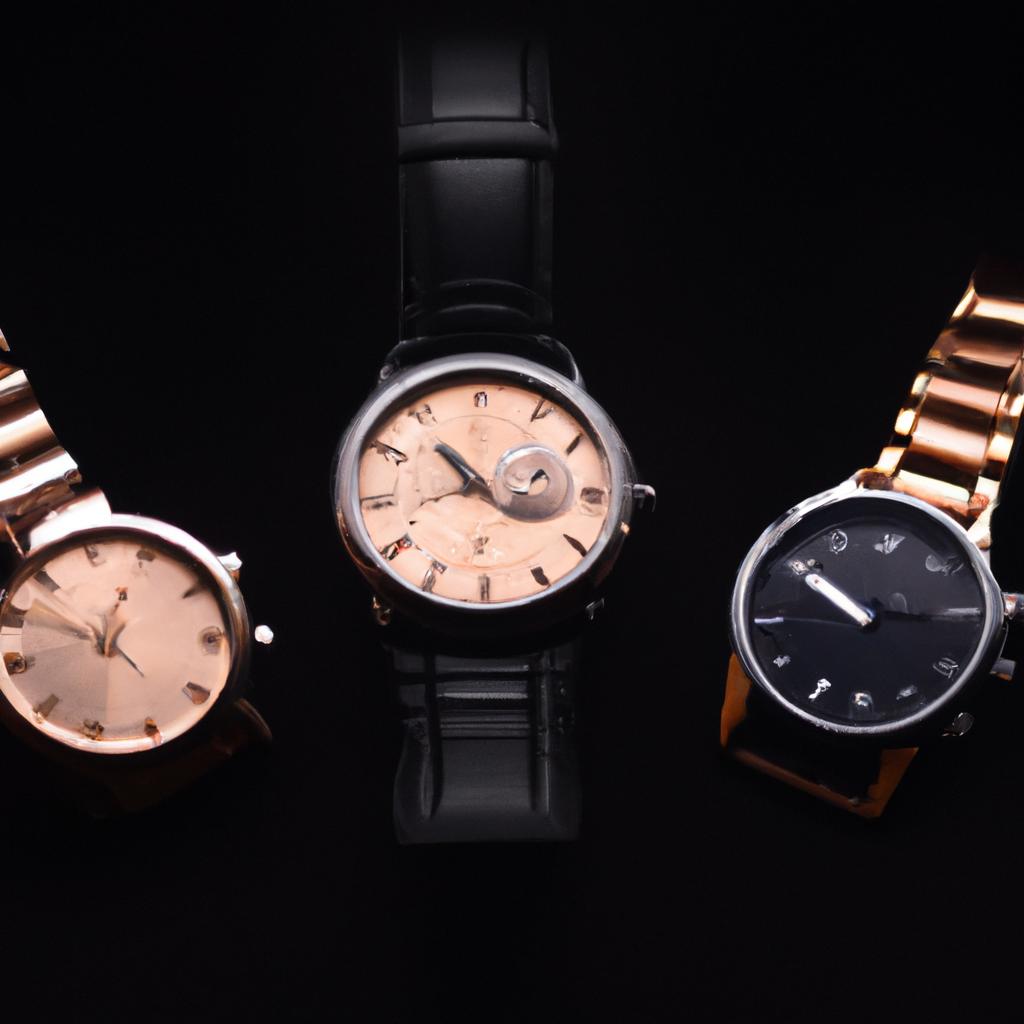
Choosing the Right Timepiece Tailoring Your Selection to Personal Style and Purpose
Finding the perfect watch involves a harmonious blend of personal style, functionality, and occasion. When selecting a timepiece, consider aspects such as design, material, and features that resonate with your unique persona. A bold, sporty look may suit an active lifestyle, while a classic dress watch exudes elegance for formal events. Reflect on how you intend to wear it, whether it’s for everyday tasks, special occasions, or adventure. Here are some factors to ponder:
- Style: Casual vs. formal; minimalist vs. ornate
- Functionality: Basic timekeeping vs. complications like chronographs or calendars
- Durability: Water resistance, shockproof build, and material resilience
- Comfort: Weight and band material choices
Moreover, understanding the purpose of your watch can further refine your choice. For professionals who thrive in corporate settings, a refined, understated watch can add an air of sophistication to your ensemble. Conversely, outdoors enthusiasts might look for rugged watches equipped with GPS, altimeter, and compass functionalities. To help delineate these aspects more clearly, here’s a table that outlines various watch types alongside their typical uses:
| Watch Type | Best For |
|---|---|
| Dress Watches | Formal events, business meetings |
| Sport Watches | Outdoor activities, fitness tracking |
| Dive Watches | Water sports, marine activities |
| Smartwatches | Daily fitness, tech integration |
Ultimately, selecting a timepiece is about expressing your individuality while meeting your practical needs. Keep these points in mind as you embark on your journey through the vast landscape of horology, ensuring that every tick and tock aligns with who you are and what you aspire to achieve.
Key Takeaways
As we draw the curtain on our exploration of the intricate world of horology, it becomes clear that mastery in the realm of watches is not merely about the ticking of gears and the sheen of polished metals. It is a journey through time, a mosaic of artistry, engineering, and history that reflects our own evolution as much as it does the evolution of timekeeping itself. Whether you’re a seasoned aficionado or a curious newcomer, understanding the nuances of watches can enhance your appreciation for these remarkable mechanisms.
As you assess your expertise, remember that every watch tells a story—one that is shaped by tradition, innovation, and the passion of its creators. The knowledge you’ve gained is your key to a broader narrative, unlocking the secrets of craftsmanship and the philosophy of time. So, as you step away from this article, consider what makes each timepiece unique and allow your newfound insights to guide your next horological adventure. After all, in the world of watches, time waits for no one—but with a keen understanding, you can savor every moment of it.

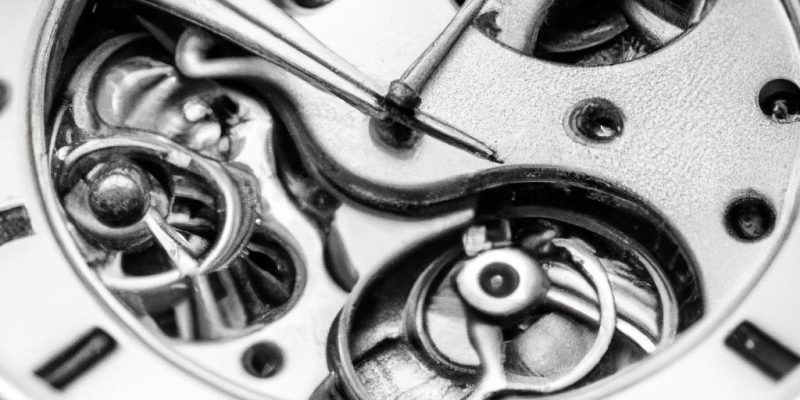
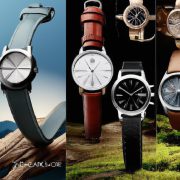
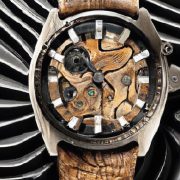
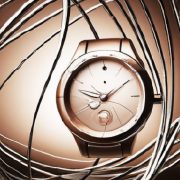
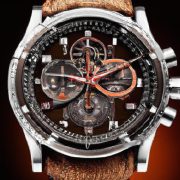
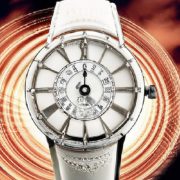
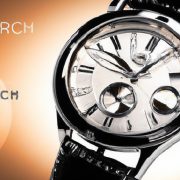
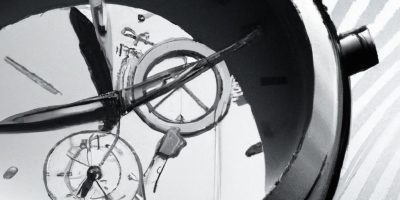
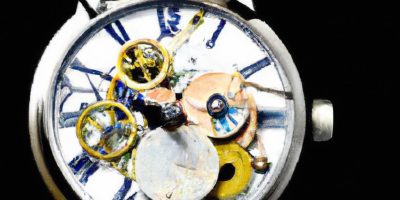



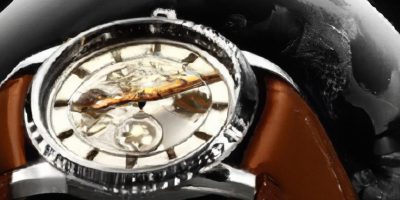



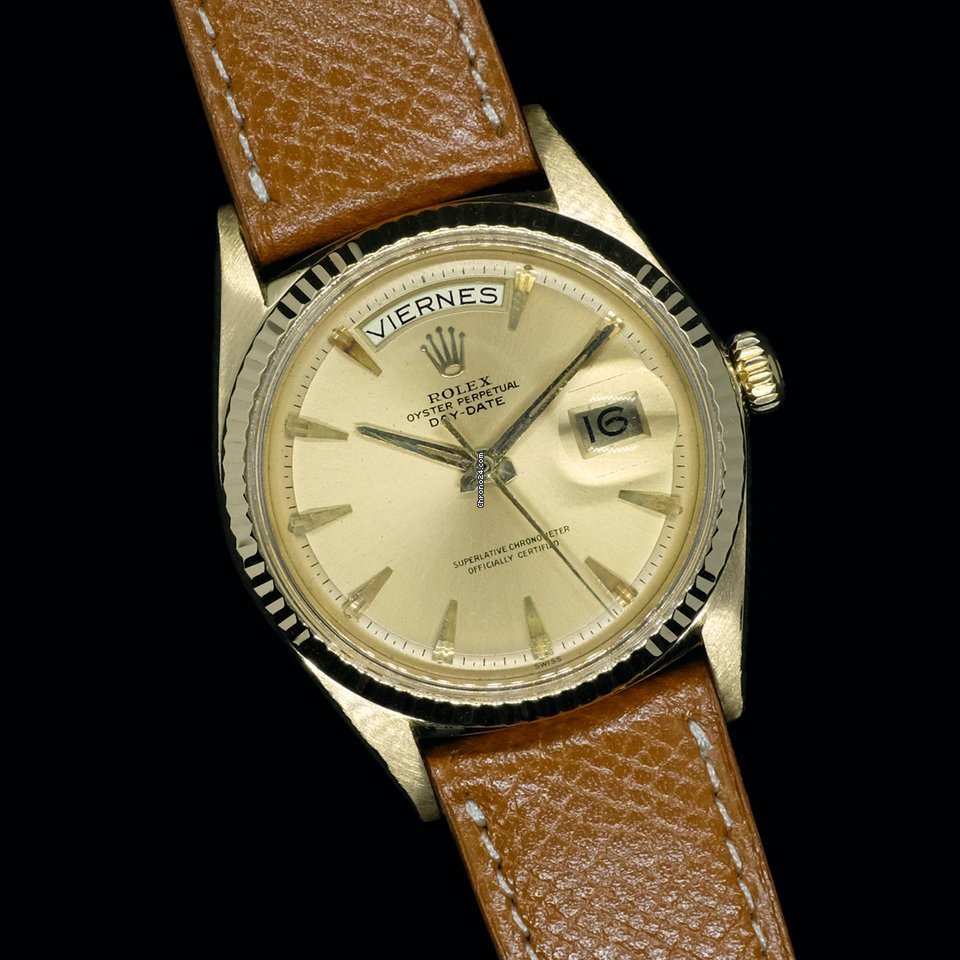
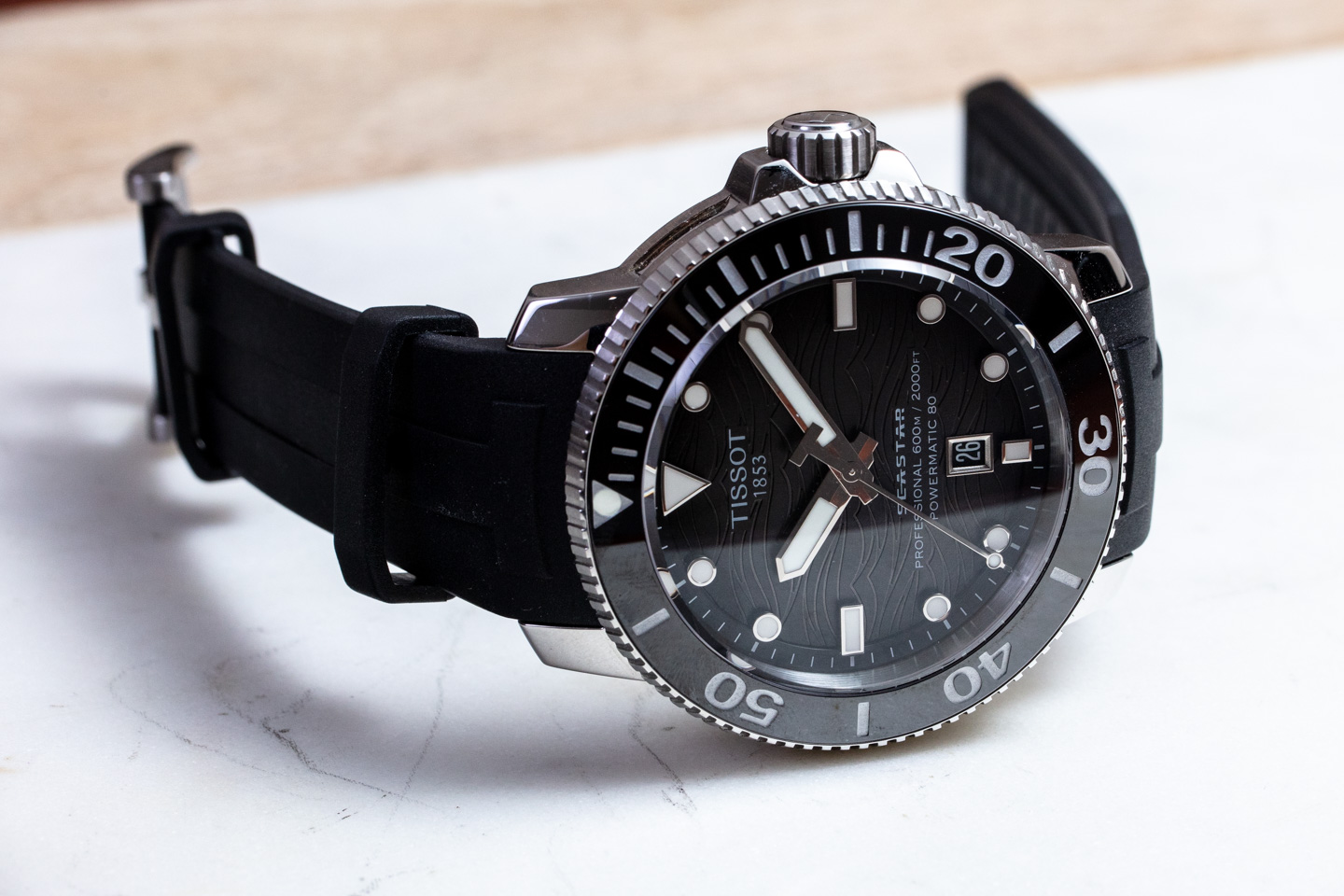
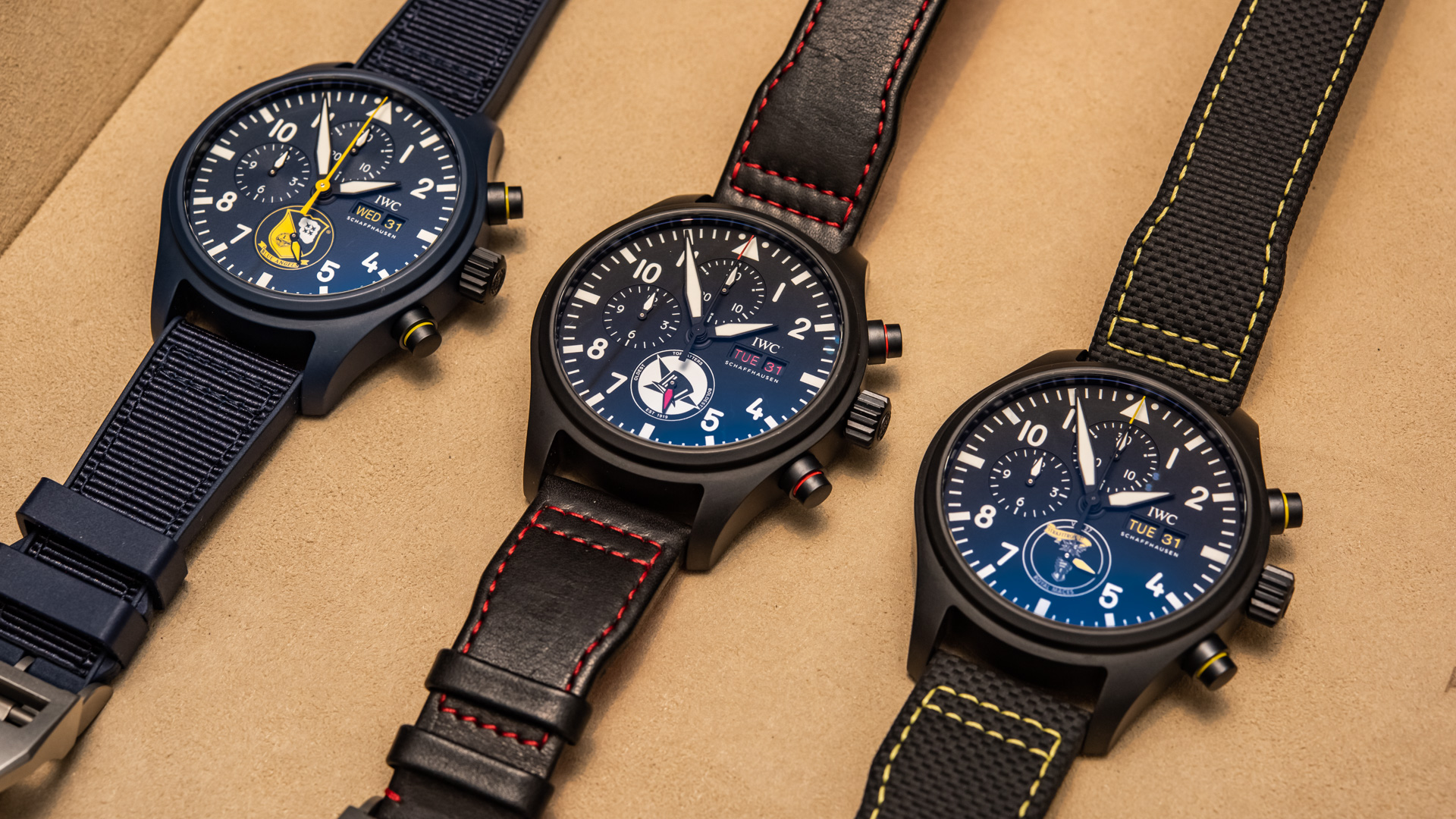
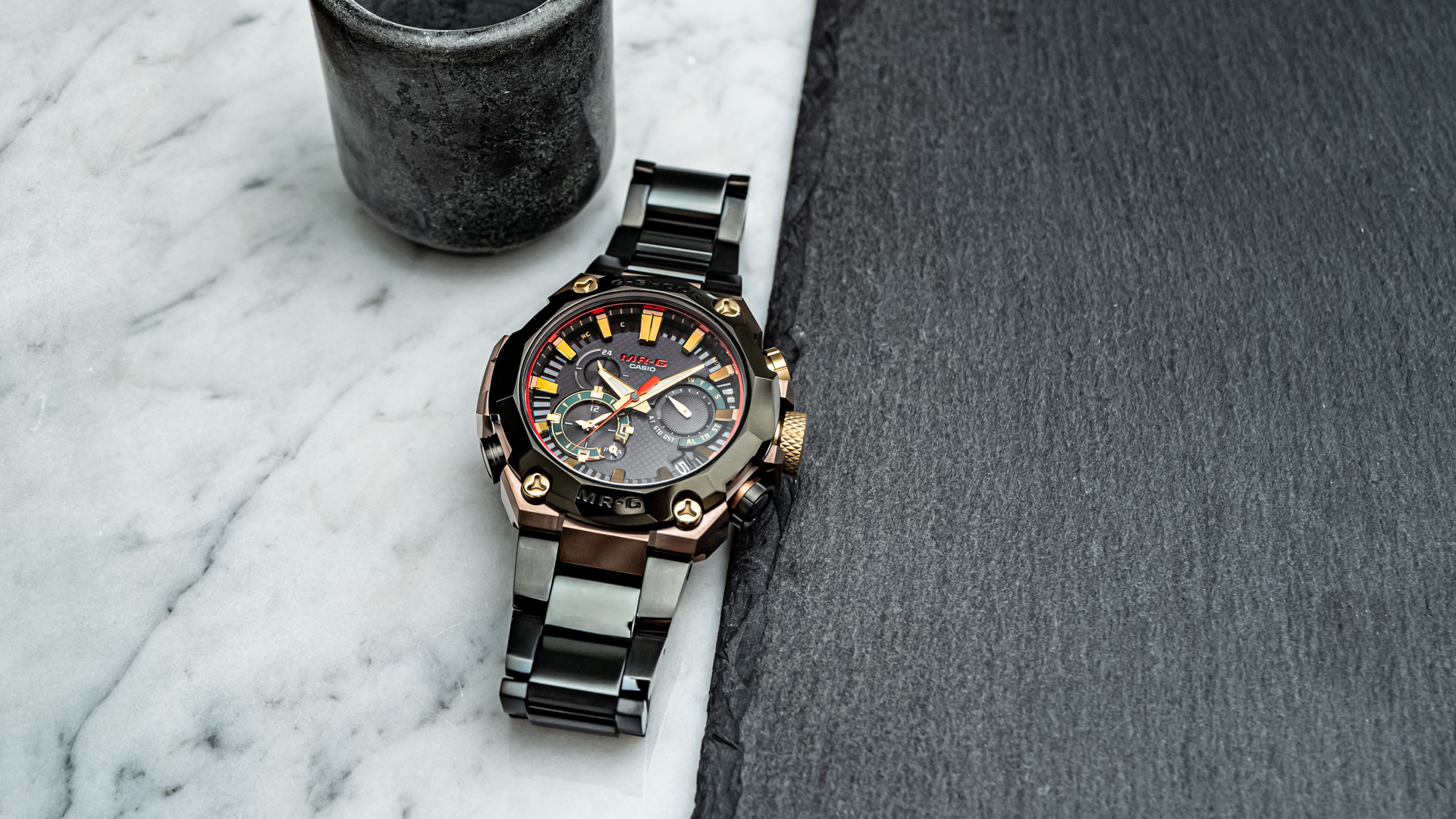


Comments